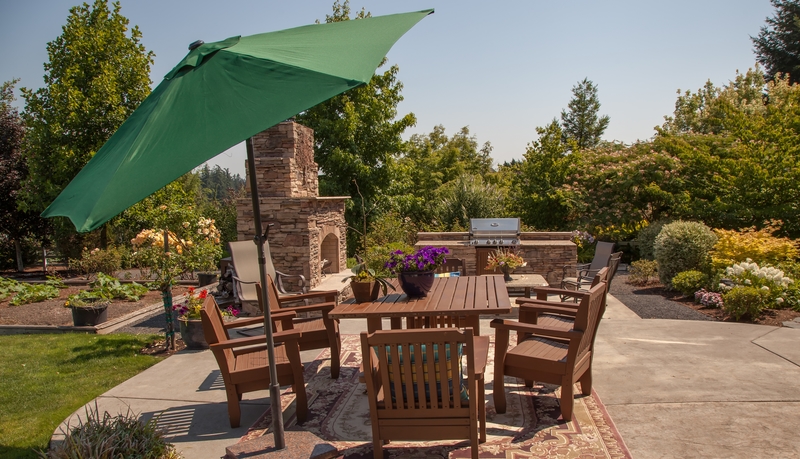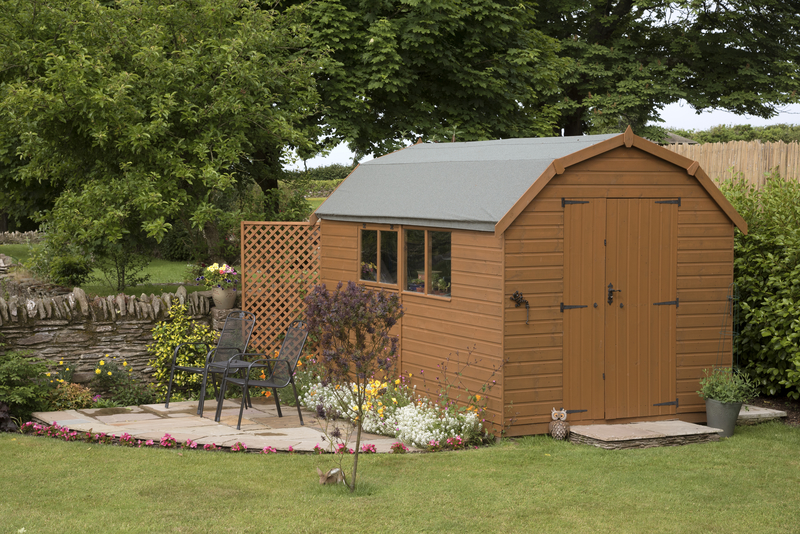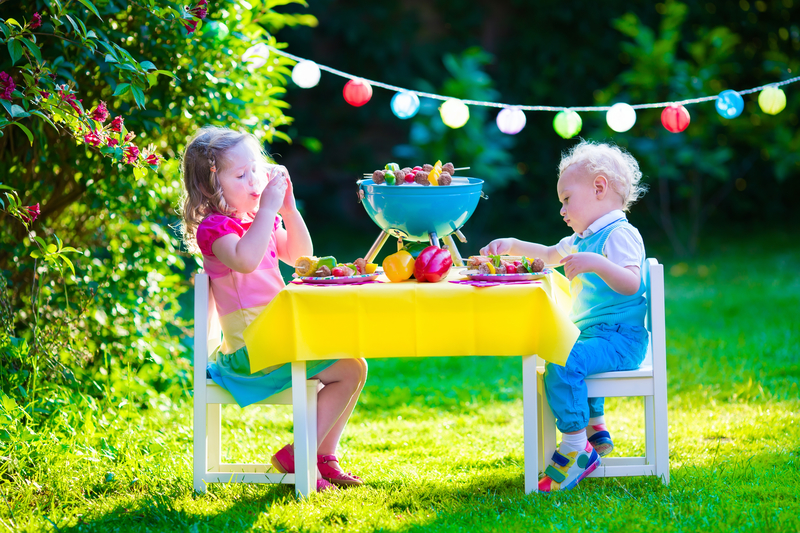Summer’s fast approaching, and with bank holiday weekends, longer evenings, and (hopefully) better weather, it’s time to start thinking about BBQs and summer parties. Here are our tips for preparing your garden for summer.
Keep insects under control
Before the problem gets out of control, watch out for insects like aphids or whiteflies whose populations become more numerous as our plants grow larger and less air circulates between them.
Remember to spray both the upper and lower leaves of your plants with low impact products (or most likely you will only make the situation worse sooner or later by killing entire biospheres of useful organisms), or soft soap or pepper spray / chili repellent in cycles of 7-10 days, so as not to kill some useful insects – such as ladybugs – that help keep these insects across the landscape under control.
Prune responsibly, do not overdo it
Trim the roses to give them a new lease of life and continue to pinch all the perennials and annuals by removing the faded or dead leaves to keep them thick and healthy and allow them to flourish again, increasing their flowering time. Pay particular attention to flowers that reproduce as easily as weeds once they have faded so as to maintain control over where they spread in our landscape or garden. If you want to propagate some plants, remember instead to save some faded heads to collect the seeds later.
Water well
Don’t forget to keep up with the watering; if the earth does not receive enough water, the roots remain close to the surface, which makes them even more exposed to heat. Watering deep, to allow the roots to dig deep, is a golden rule, so don’t just spray.
Along with summer comes high humidity. The high humidity can cause a lot of fungal problems: don’t water in the evening! Try to make sure your plants and your lawn are dry for the night and you can reduce the chance of fungus.

Don’t water the lawn as much as you think
The lawn highlights what is around us, but the lawns may need an enormous amount of water, which can be extremely expensive (as well as anti-ecological). What can be done is reducing watering to a minimum, mow less often and with the highest blades during dry periods. The lawn may turn yellow, but it will come back in autumn.
Keep weeds under control
You probably don’t even want to think about extracting another weed, but remember this: a weed that is allowed to spread is much more annoying. Do your best to get rid of weeds before they scatter their seeds throughout your garden for next spring. Most weed seeds will be killed by a compost pile that is properly hot, but if you are not sure, discard them to avoid putting them back in the garden!
The best time to pull the weeds is immediately after rain when they can be easily extracted.
Weeding is particularly important for the vegetable garden as any weed will compete with crops for moisture and essential nutrients.
Fertilize
There is always the temptation to fertilize excessively, but this translates only into poor growth that is vulnerable to pests and diseases. So why waste money on useless fertilizers (except for obvious deficiencies that are a symptom of a mistake upstream). Instead, prepare the soil well before planting, most plants will not need any additional nutrition. Reduce or eliminate the use of chemical fertilizers; with compost, mulch and manure instead.

If you have any more questions about garden maintenance or upkeep, or would like to completely revamp your garden ready for summer, please feel free to get in touch via our contact page or call us on 01344 886 331.
